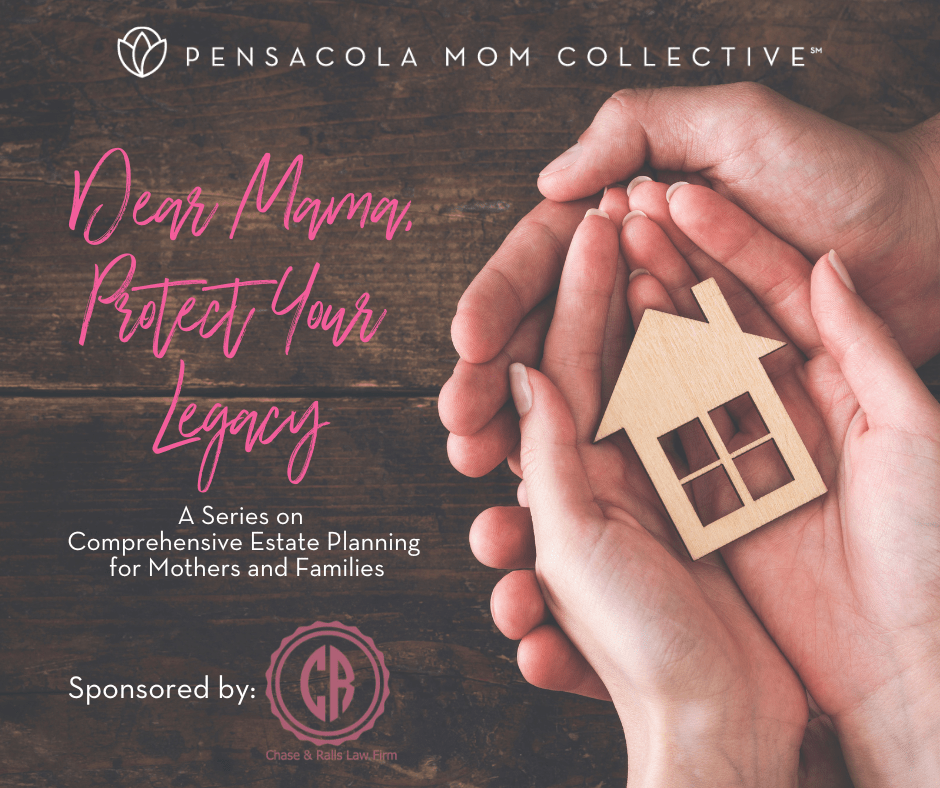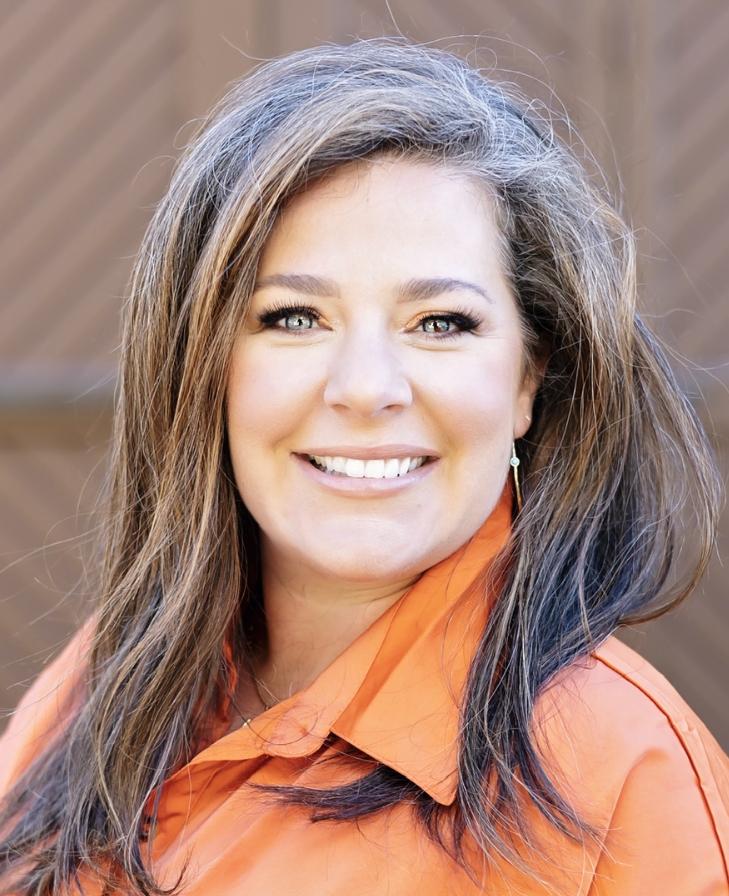 It is more common to see multi-generational family members living together and caring for each other than in previous generations.
It is more common to see multi-generational family members living together and caring for each other than in previous generations.
The term “Sandwich Generation” relates to those individuals who find themselves squeezed between the responsibilities of caring for parents as well as raising their own children (whether adults or minors).
This unique group of individuals is caught between the demands of caring for their aging parents while simultaneously supporting their own minor and adult children. This delicate balancing act can be emotionally, physically, and financially draining.
Sandwichers often take on the role of main caregiver for their aging parents, assisting with daily events, medical appointments and managing their general well-being. This may involve managing healthcare needs, organizing medications, providing emotional support, and ensuring a comfortable living environment. You need the appropriate documents to ensure you have the ability to speak with doctors or financial institutions on their behalf.
Concurrently, Sandwichers are actively involved in raising their own children. From nurturing their growth and education to managing their emotional well-being, they strive to provide the love, guidance, and resources necessary for their children’s development.
Your family’s estate is not going to plan itself.
Without suitable planning, the State of Florida will determine your estate planning for you, which may be in line with your own wishes or an efficient transfer of assets. Once parents have already reached incapacity, it can be too late to plan effectively.
You must be proactive and make a plan now while your family members have the capacity to contribute current financial information and meaningful directives.
It can be uncomfortable at times, but initiate conversations with both your parents and your adult children about estate planning to ensure everyone is on the same page and their expectations are understood. This can help reduce future conflicts and ensure that everyone’s needs are addressed.
The following documents are crucial for during life and after death.
These are the documents your parents or family members should have, as well as YOU! Every family is different, and it is important to consult with an estate planning attorney in order to create a plan that is right for your family.
1. Last Will and Testament: A will is a foundational document that specifies how your assets should be distributed among your beneficiaries after your death. It also allows you to appoint an executor to manage the process.
2. Trusts: Trusts are legal entities that hold and manage assets on behalf of beneficiaries. They can help avoid probate, maintain privacy, and provide more control over asset distribution. Additionally, a Trust allows for seamless management of assets during your life in the event of incapacity and transfers upon death.
3. Power of Attorney: This document designates someone to make financial decisions on your behalf. Literally, EVERY time we have bought a house (military life), my husband has been overseas or on patrol. This document has saved us time and money over and over again.
4. Healthcare Surrogate and Living Will (including HIPPA release): These documents grant someone the authority to make medical decisions when you are unable to do so and outline your preferences for medical treatment. A Living Will ensures your life is not artificially prolonged when you are in a persistent vegetative state. Hospitals are increasingly requiring these documents for liability purposes, whether for a parent, adult child, or spouse.
By discussing these topics and issues with your parents and among family members it can minimize family conflict during life and after the death of our loved ones.
Clear instructions can reduce potential disputes among family members and eliminate unnecessary stress in emotional times.
 Virginia Ralls is a Pensacola native and an avid supporter of military members and their families. Virginia graduated from the University of Florida and then came home to pursue her Master’s Degree from the University of West Florida (Go Argos!). While working full time and obtaining her Masters full time, she met and fell in love with her husband, another Pensacolian, James Ralls, who was active duty Coast Guard. They married and moved to Philadelphia with his new orders. A dream became reality when Virginia was accepted into the Drexel University School of Law in Philadelphia, PA. Eventually, they found their way back to Pensacola, where their son Vincent was born. Virginia now practices law with her father at Chase & Ralls, PLC, where she is the Director of Trusts and Estates.
Virginia Ralls is a Pensacola native and an avid supporter of military members and their families. Virginia graduated from the University of Florida and then came home to pursue her Master’s Degree from the University of West Florida (Go Argos!). While working full time and obtaining her Masters full time, she met and fell in love with her husband, another Pensacolian, James Ralls, who was active duty Coast Guard. They married and moved to Philadelphia with his new orders. A dream became reality when Virginia was accepted into the Drexel University School of Law in Philadelphia, PA. Eventually, they found their way back to Pensacola, where their son Vincent was born. Virginia now practices law with her father at Chase & Ralls, PLC, where she is the Director of Trusts and Estates.
She uses her experience in law to help mothers and families navigate estate planning and probate. She believes Pensacola was a dream location to grow up, and she is now excited to grow her own family in this Western Gate to the Sunshine State.












This article is spot on! I am thankful my parents planned for “getting older” as I moved my mother to Florida from Louisiana in 20220. Even though they planned there were still things that needed to get done when my mother moved in and her memory and health were declining. I did not seek an estate attorney because I was an only child, had power of attorney and there was a will. Her assets were not excessive and just did not see the need. Looking back I wish I would have at least gotten advice from one. I missed some important things while in the middle of caring for my mother and 2 young sons. It is never too early to start the discussion!